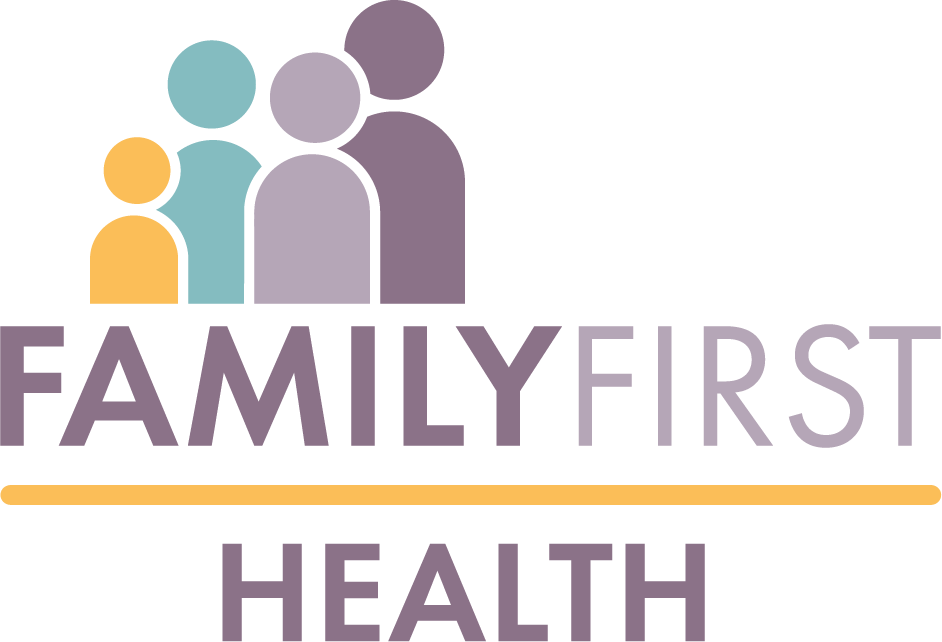ADAMS COUNTY, Pa. (WHP) – One community health program is looking to address higher mortality concerns among low-income women who feel unseen and unheard by the healthcare system. Organizers say a lot of falls back on accessibility.
“As a first time parent, you have no idea what you’re doing and you’re scared,” Hailey McKee told CBS 21 News’ Samantha York.
McKee gave birth to her daughter, Penelope, 15 months ago. She was immediately hit with the harsh reality so many other parents are facing: inflated expenses.
“$27 for a big pack of diapers that might last you a month,” McKee explained. “And that’s generic brand.”
Rising costs are straining young families. Baby formula spiked 30% in the last three years, according to the U.S. Bureau of Labor Statistics. Wipes are up over 10% in price.
“How am I going to be able to do this?” McKee questioned when she learned she was pregnant.
McKee turned to Family First Health’s Nurse-Family Partnership program, which promotes health equity.
“We’re meeting these women in the places where they need it the most,” Nurse-Family Partnership Program Manager and Nurse Supervisor Lisa Lathrop explained. “When they can sometimes feel the most vulnerable.”
In Pennsylvania, over 24% of counties don’t have full access to maternity care, according to the Pennsylvania Department of Health. It leaves nearly 200,000 residents in need of support.
“Even though I was working, I mean, we still didn’t have much,” McKee recalled.
“Young women, in particular, I think often times women who are living with lower income, they feel very unheard and unseen in their health appointments,” Lathrop continued.
“I think a lot of times with the healthcare system that you’re just left to figure it out on your own,” McKee said.
Nurse-Family Partnership recognizes a lack of health coverage keeps low-income parents from the care they need. Instead, they’re meeting them where they are: at home.
“They’re always there,” McKee said.
“Being that we only serve first-time pregnant mothers who meet income guidelines, we’re serving people who we can make the biggest difference in their lives,” Lathrop added.
The program connects expectant mothers to a registered nurse, free of charge, who becomes their personal healthcare provider and guides them through pregnancy and the first two years of the child’s life.
“I feel like it gave me confidence, even when I was in one of my darkest times,” McKee explained. “Because you’re in survival mode.”
“They’re more motivated to provide a better life for their own child than what they might have had when they were a child,” Lathrop said.
The community health program also refers parents to other support groups to help the family become economically self-sufficient.
“Having them get a car seat for me and, you know, stuff my car full of clothes was like a huge weight off my shoulders,” McKee recalled. “Because I felt like a bad mom.”
Those behind the program say it enables those stuck in a healthcare gap to feel seen and heard.
“They have felt empowers to ask more questions of their healthcare providers,” Lathrop explained.
“You have to be your own advocate,” McKee said. “And just keep going at them until somebody hears you.”
Those interested can contact the program’s team at 717-843-6330 or 717-916-4099. They can also email dcaraballo@familyfirsthealth.org or clathrop@familyfirsthealth.org.
More information about the program can be found here.
